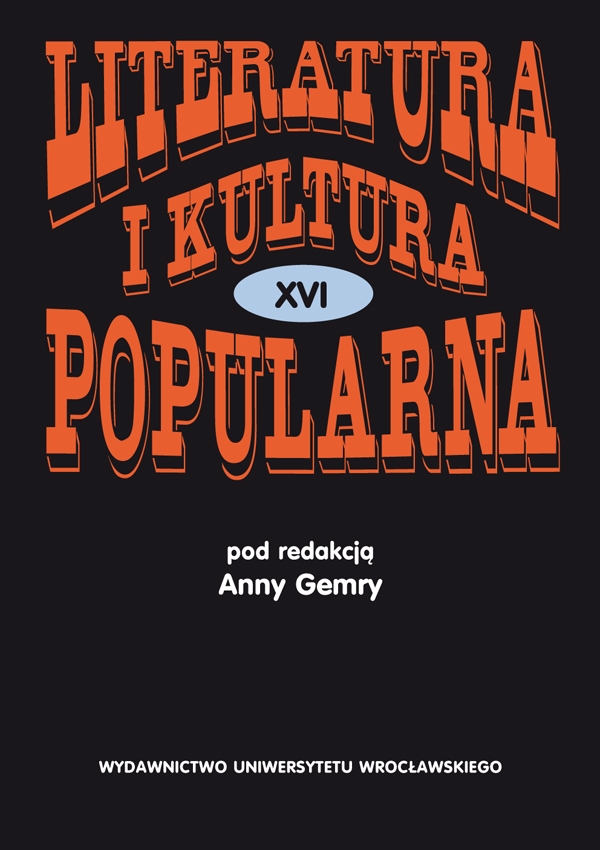

Artykuły

In the Japanese circle of evil. Ring by Koji Suzuki
The Ring novel and the subsequent movie gained immense popularity, triggering common interest in Japanese horror. The novel is notable for merging religious themes, usually of Shintoistic, Buddhistic and Shamanistic provenance with element of modern civilization. The author of Ring shows deep interest in important themes prevalent in modern Japanese society, e.g. absence of fathers in the process of upbringing. This alliance of tradition and modernity, common in most genres of contemporary Japanese art is merged by Suzuki with the aesthetics of the horror novel, so the critique of modern Japanese intertwines with traditional story about ghosts and curses. Religious and philosophical elements correspond with the image of the mentality of modern Japanese but they also portray more universal themes like availability of information, communication and media and fears epidemic and pandemic threat. The author also criticizes the way media influence people and the world itself, so that the fall of the former media star is more important than her suffering. In this vision such elements of the modern everyday life can transform into the force capable of total obliteration of humankind.